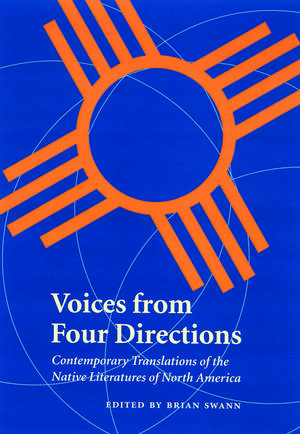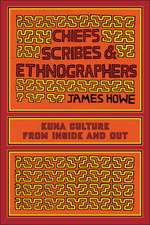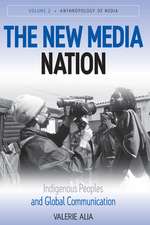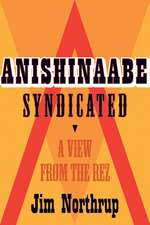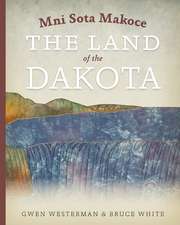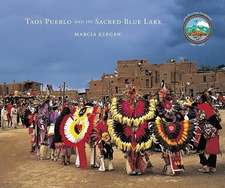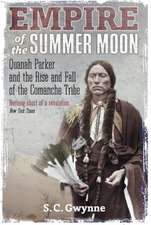Voices from Four Directions: Contemporary Translations of the Native Literatures of North America: Native Literatures of the Americas and Indigenous World Literatures
Editat de Brian Swannen Limba Engleză Paperback – 30 apr 2004
Storytelling and singing continue to be a vital part of community life for Native peoples today. Voices from Four Directions gathers stories and songs from thirty-one Native groups in North America—including the Iñupiaqs in the frigid North, the Lushootseeds along the forested coastline of the far West, the Catawbas in the humid South, and the Maliseets of the rugged woods of the East. Vivid stories of cosmological origins and transformation, historical events remembered and retold, as well as legendary fables can be found in these pages. Well-known Trickster figures like Raven, Rabbit, and Coyote figure prominently in several tales as do heroes of local fame such as Tom Laporte of the Maliseets. The stories and songs entertain, instruct, and recall rich legacies as well as obligations. Many are retellings and reinventions of classic narratives, while others are more recent creations.
Award-winning poet and critic Brian Swann has gathered some of the richest and most diverse literatures of Native North America and provides an introduction to the volume. In addition, each story is introduced and newly translated.
Preț: 318.99 lei
Nou
Puncte Express: 478
Preț estimativ în valută:
61.05€ • 63.50$ • 50.40£
61.05€ • 63.50$ • 50.40£
Carte tipărită la comandă
Livrare economică 14-28 aprilie
Preluare comenzi: 021 569.72.76
Specificații
ISBN-13: 9780803293106
ISBN-10: 0803293100
Pagini: 619
Dimensiuni: 150 x 250 x 15 mm
Greutate: 1.13 kg
Editura: BISON BOOKS
Colecția Bison Books
Seria Native Literatures of the Americas and Indigenous World Literatures
ISBN-10: 0803293100
Pagini: 619
Dimensiuni: 150 x 250 x 15 mm
Greutate: 1.13 kg
Editura: BISON BOOKS
Colecția Bison Books
Seria Native Literatures of the Americas and Indigenous World Literatures
Notă biografică
Brian Swann is on the Faculty of Humanities and Social Sciences at the Cooper Union for the Advancement of Science and Art. His many works include Coming to Light: Contemporary Translations of the Native Literatures of North America.
Recenzii
“A rich compilation of stories translated from the traditional literature of a variety of diverse cultures found throughout North America. . . . Educational and enlightening.”—Library Journal
“[Voices from Four Directions] may thus serve a valuable educational function by introducing the artistry of Native American linguistic traditions to a broader audience that can be moved to abandon often covert ideologies of contempt for ‘small,’ ‘tribal’ languages because of their presumed inferiority and mobilized to lend support to language revitalization efforts on behalf of these and other threatened languages.”—American Indian Culture & Research Journal
“An excellent introduction to the current state of the translation of Native oral literature and the ethical considerations surrounding translation. The narratives are illuminating and the collection solidly advances understanding of a complex and energetic field.”—Choice
“Swann emphasizes the importance of reproducing the original texts’ poetry and beauty and of crating a dialogic interplay between the texts’ voices.”—American Literature
“It is refreshing to find a volume that is devoted to the art of translation, one that carefully and respectfully presents translated texts that are semantically and stylistically accessible to a western audience. . . . Voices from Four Directions is a valuable contribution to the field and enriches our knowledge of the literary merit of Native American verbal arts. ”—Maria Glowacka, Montana, The Magazine of Western History
“This volume is a comprehensive collection that belongs in every tribal college library and would be an excellent text for Native Literature classes.”—Holly Ristau, Tribal College Journal of American Indian Higher Education
“With Voices from Four Directions Swann has added a fine collection to his already impressive list of edited works. . . . . His editorial selections have created an interesting and thought-provoking text for both the scholar and the nonspecialist.”—Caskey Russell, Ethnohistory
